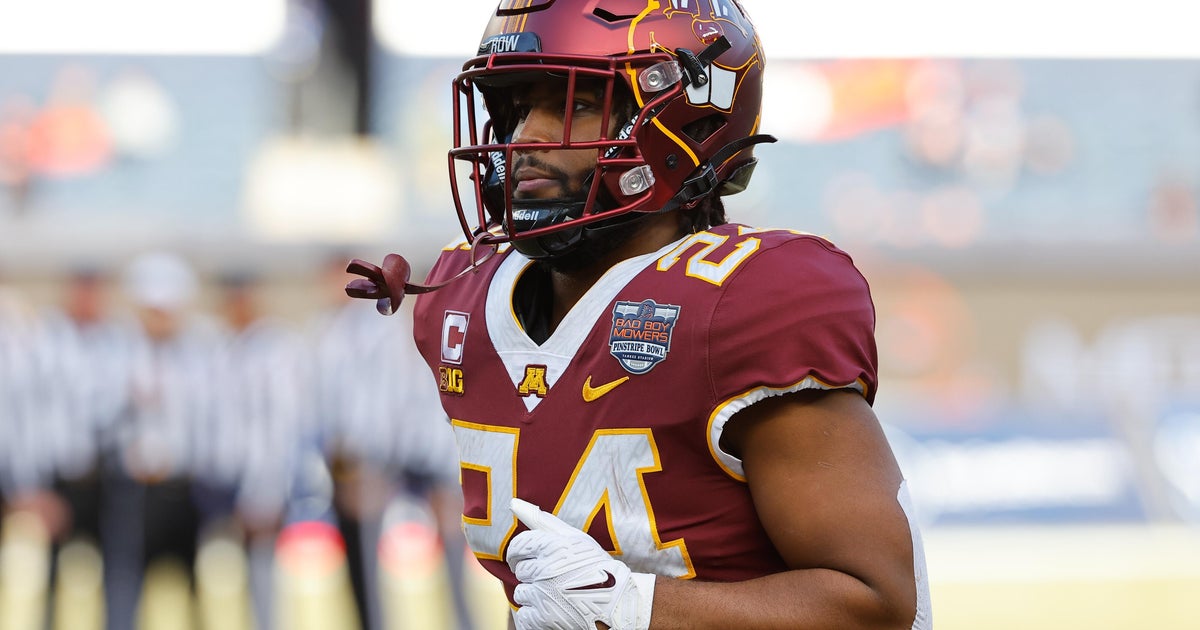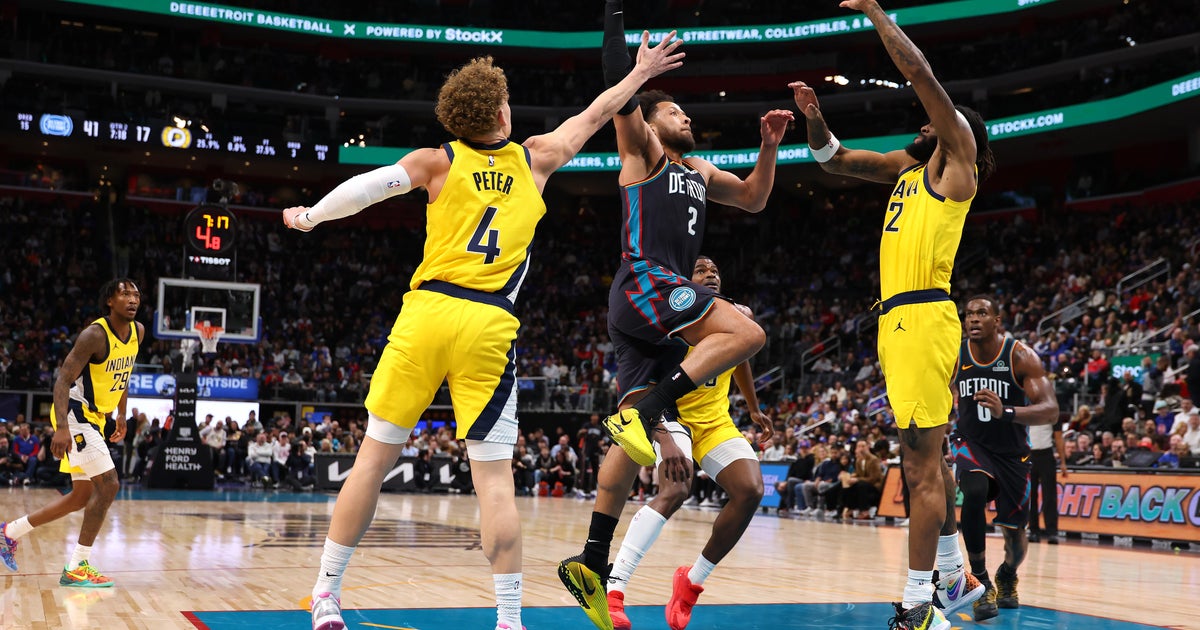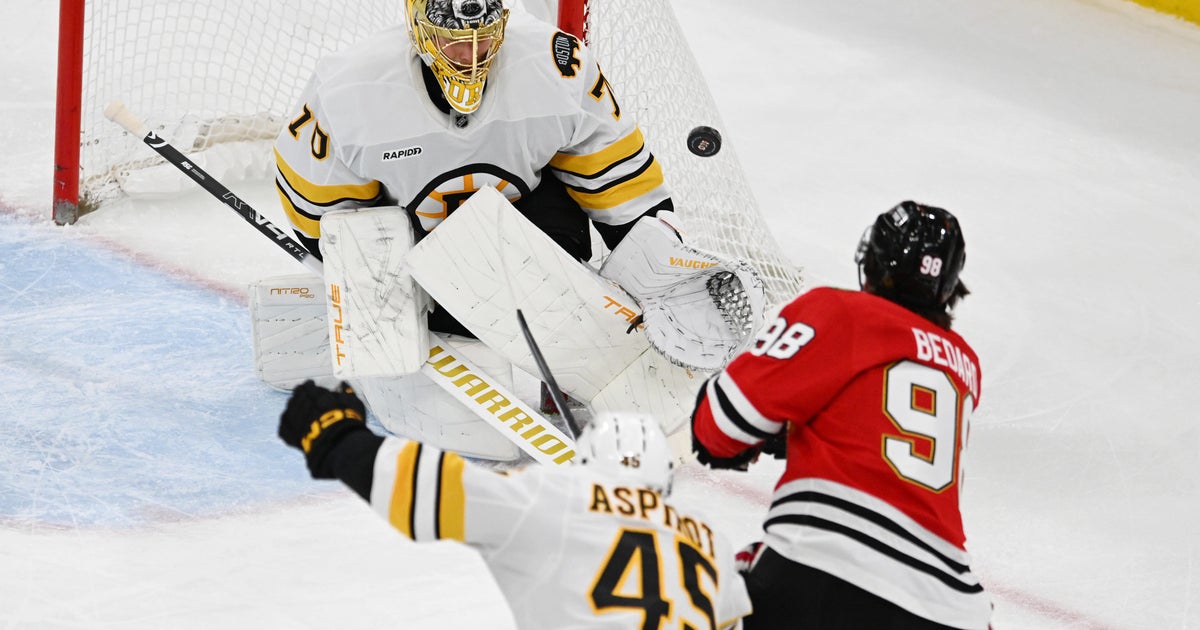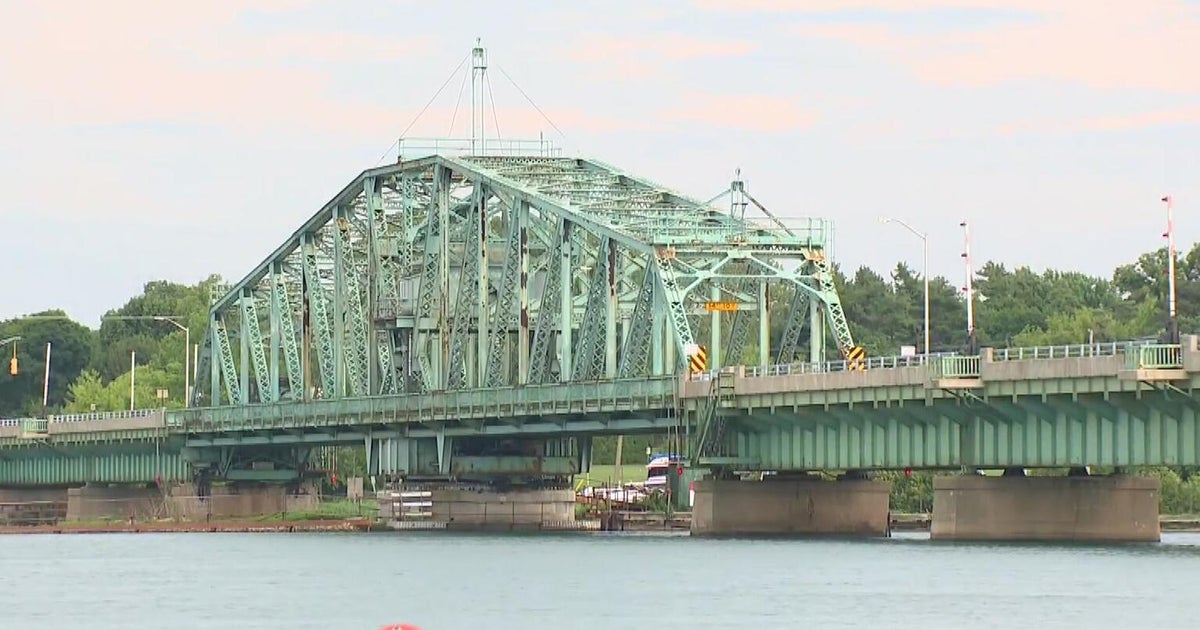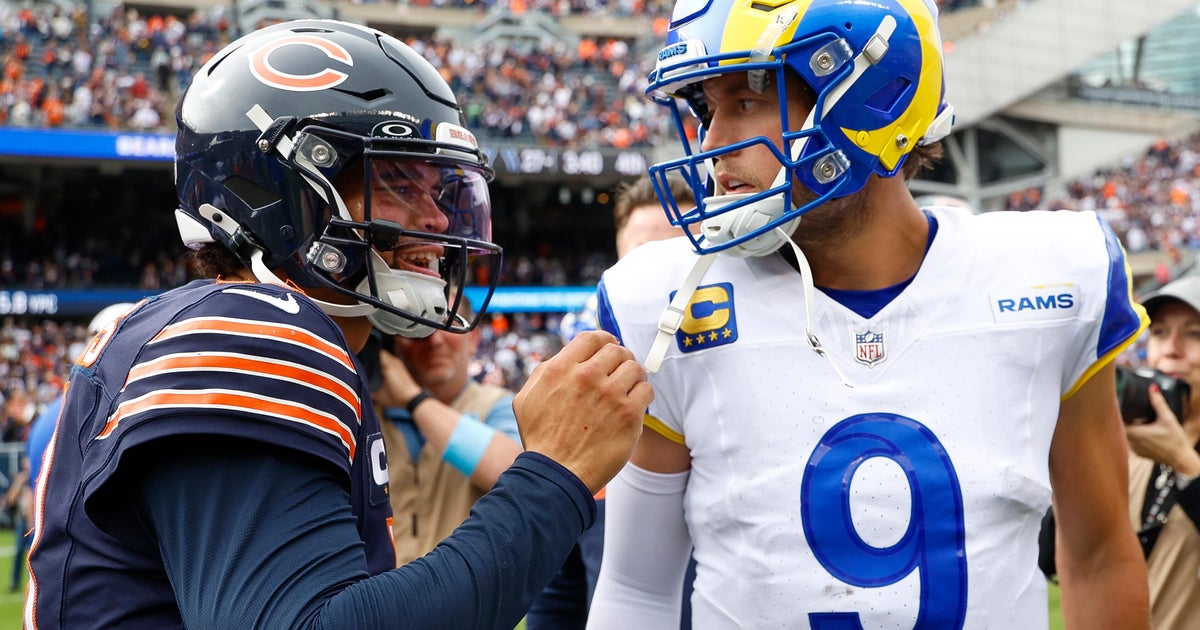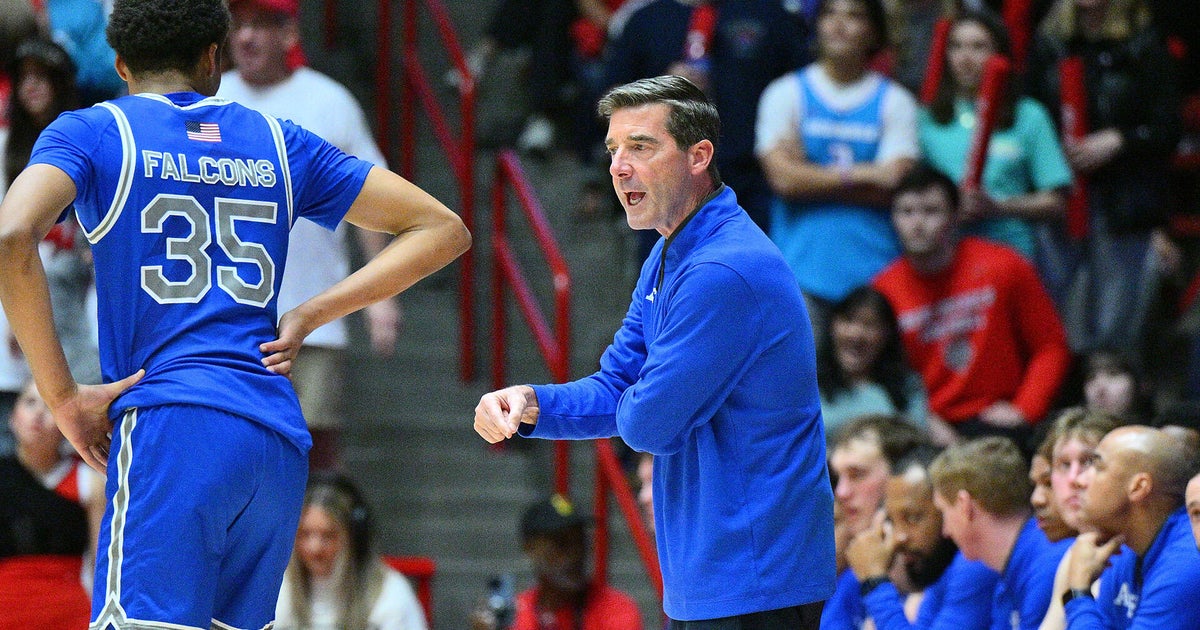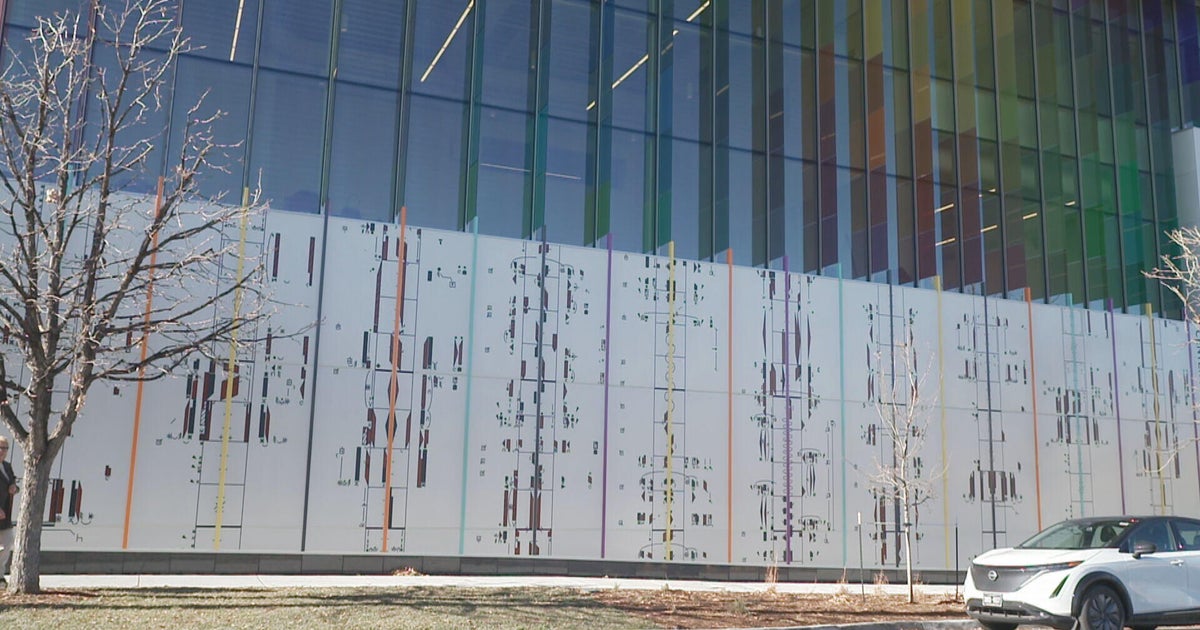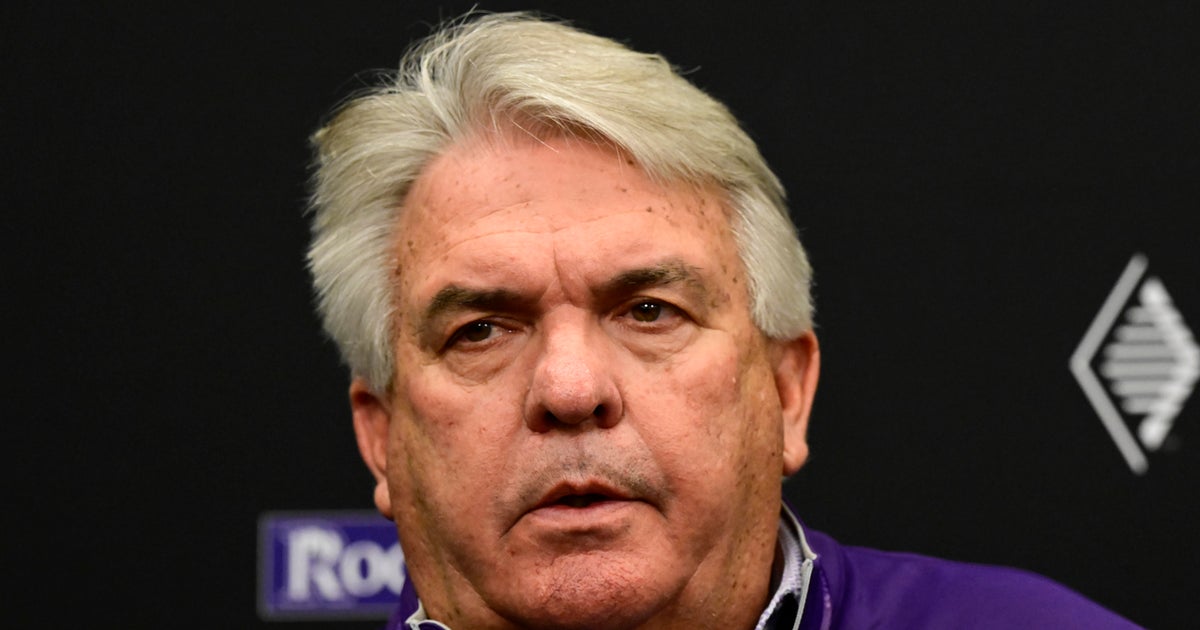Friend Played Early Part Of Chris Chelios' Success
TORONTO (AP) — Playing in the NHL wasn't Chris Chelios' dream.
It was Bobby Parker's.
Parker was a defenseman from Moose Jaw, Saskatchewan, with enough of a future in hockey that a few colleges offered him scholarships.
He chose United States International University in San Diego, Calif., where Chelios was enrolled and trying to make the team as a forward in the fall of 1979.
Chelios didn't make it, and while Parker did, he decided the dilapidated facilities and life in California weren't for him and went home to resume his career with the Moose Jaw Canucks of the Saskatchewan Junior Hockey League.
Before he left, Parker made a simple gesture that he attributes to fate.
"We were just on the beach one day and I recognized him. So I just walked over," Parker said. "We just started chatting and he said his hockey was done. He was done, there was just a beer and pizza league there, like a senior league."
When Chelios told Parker he just wanted to play hockey somewhere, Parker gave him the phone number of Moose Jaw coach Larry Billows.
After some convincing, in part from Parker, Billows brought Chelios in as a defenseman even though he had never played the position before.
"They started writing in the newspaper, 'We got this defenseman coming from San Diego,'" Parker recalled. "And I'm thinking, 'Man he hasn't even ever played defense.' I had no idea what was going to happen."
What followed was the start of a journey that included 1,651 NHL games, three Stanley Cups and enshrinement Monday into the Hockey Hall of Fame.
But not long after giving Chelios the tip of a lifetime, vision problems cut Parker's career short just as his friend was getting started.
"He lived my dream," Parker said. "It was hard. I'll tell you, it took me a long time to kind of deal with that because after his second year in Moose Jaw basically my hockey was done. I told him, 'Do it for both of us.'"
Parker was born with bad vision in one eye, but still considered himself a decent hockey player and believed he had a chance to make the big time. He tried out and played one game for the Brandon Wheat Kings of the WHL, but declining vision in the other eye made it too much of a risk to continue.
While Chelios was off winning three Norris Trophies as the league's best defenseman, Parker's vision continued to worsen.
"I can function, but I don't drive or anything like that," Parker said Saturday. "I don't know how to explain, it was like somebody was dimming the lights and things were just a little bit blurry."
Parker saw Chelios' success all too clearly. He lived and breathed hockey and was forced to adjust to life without it.
Chelios was ready for that when he was on the beach. His parents wanted him to get an education, so his mentality was to get a business degree from USIU and "go from there."
Once he caught a break thanks to Parker and Billows and switched to defense, Chelios shined and developed into a point-per-game player.
"I watch a lot of hockey and I played a lot, and what really amazed me was as soon as he started playing it was like his natural position," Parker said. "What also happened (was) he grew a couple inches. He put on, I think, 15 pounds, over the course of a year. Kind of the rest is history."
The same year Chelios was drafted in the second round by the Montreal Canadiens and went to the University of Wisconsin, Parker played his one and only game in the WHL, taking one minor penalty.
In 1982, Chelios endured what he called the worst loss of his career, an 8-0 defeat to the Soviet Union in the world junior championship that made him almost "embarrassed to be American."
In 1986, Chelios enjoyed his first major team triumph as part of the 23rd Stanley Cup team in Canadiens' history. Being amid a million Habs fans on Saint Catherine Street remains one of the Chicago native's fondest memories.
"Having each fan pass me a drink every minute of the parade, one hour and 15 minutes turned into a four-hour parade," Chelios said. "There's nothing like winning a championship."
Chelios was unexpectedly traded to his hometown Blackhawks in 1990 and played eight-plus seasons there before being dealt to Detroit. He won two more Cups with the Red Wings in 2002 and 2008.
Parker lost touch with his friend until they reconnected very late in Chelios' NHL career.
As Chelios took questions at Saturday's fan forum, Parker was sitting in the front row and made a cameo appearance when the Hall of Fame inductee was asked about his biggest influences.
"I was there right at the start," Parker said.
Parker watched Chelios' success unfold and kept setting higher expectations. At first he figured five or six NHL seasons would be amazing, and then the years piled up.
Chelios finished his career with the NHL record for postseason appearances (24) and most games played by a defenseman by American (1,651). He retired at age 47 after one final stop with the Atlanta Thrashers.
For some players, such as fellow inductee Scott Niedermayer, retiring was a difficult decision. Brendan Shanahan had no choice because he got cut. Geraldine Heaney was finally ready to hang up her skates after so much success for Team Canada when she was ready to get married and have children.
"For me it was really easy," Chelios said. "Zero goals, zero assists, zero points, so time to go."
Chelios had 185 goals and 763 assists, retiring ninth among defensemen in points with 948. Parker, who grew up idolizing Boston Bruins defenseman Bobby Orr, never got a sniff of life in the NHL and is now a social worker living in Calgary.
Parker is 51 now, just like Chelios. In Toronto to support his friend during induction weekend, Parker is still left to wonder what would have become of a Hall of Fame career if he didn't approach him one day on the beach.
"He probably wouldn't have played," Parker said.
(© Copyright 2013 The Associated Press. All Rights Reserved. This material may not be published, broadcast, rewritten or redistributed.)
